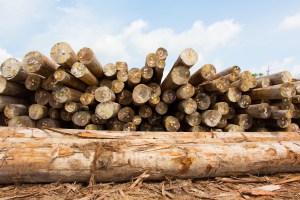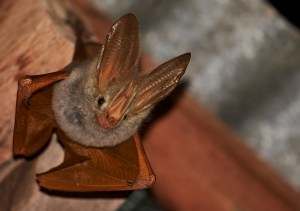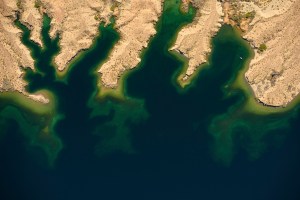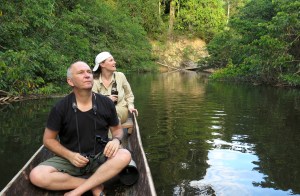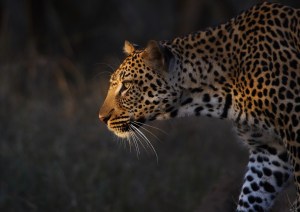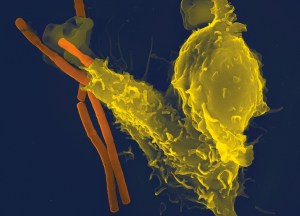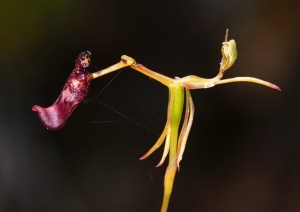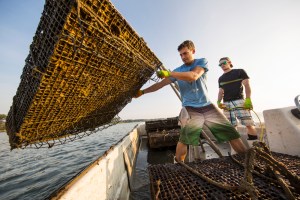Discover stories in Global
Tropical Deforestation Is Making the Worst Climate Predictions A Reality
Industrial-scale tropical deforestation is altering local climate as much as 100 years of global warming under a worst-case emissions scenario.
The Big Bat Year: A Quest to See the World’s Bats
Birding’s Big Year has become a major event. But bats?
The Coolest Kingfishers from Six Continents
With more than 100 kingfisher species, here are 12 of the coolest.
Using Science to Select Flagship Species
New research provides science-based way to identify flagship species for effective biodiversity conservation.
A New Way of Mapping Global Ecosystems
Scientists have created the first standardized, fine-scale map of global ecosystems, allowing them to better measure the effectiveness of protected areas and identify ecosystems in need of additional protection.
Planning for the Future in a Warming Ocean
As climate change makes natural systems more unpredictable, the past is no longer a reliable predictor of the future
One Man’s Quest to See the World’s Mammals
Jon Hall is on a quest to see the world’s mammals, from snow leopards to pocket gophers.
New Map Shows Hotspots of Species Under Threat
A new analysis identifies global hotspots where the most species are threatened by human impacts.
Seven Wildlife Diseases You’ve Never Heard Of
Wildlife diseases are an often-overlooked threat. We give you the short details on seven little-known bacteria, fungi or viruses threatening wild species.
The Weird Sex Lives of Orchids
Orchids are lovely, but the strategies they use to reproduce are weird. And diverse. And sometimes horrifying.
Aquaculture Could Be Conservation’s Secret Weapon
Aquaculture has vast potential as a tool for conservation, providing food for people while benefiting the environment.
No Binoculars Allowed: Learning to Bird By Ear
On a mission to learn bird calls, one nature nerd does the unthinkable… bird without binoculars. (Sort of.)
